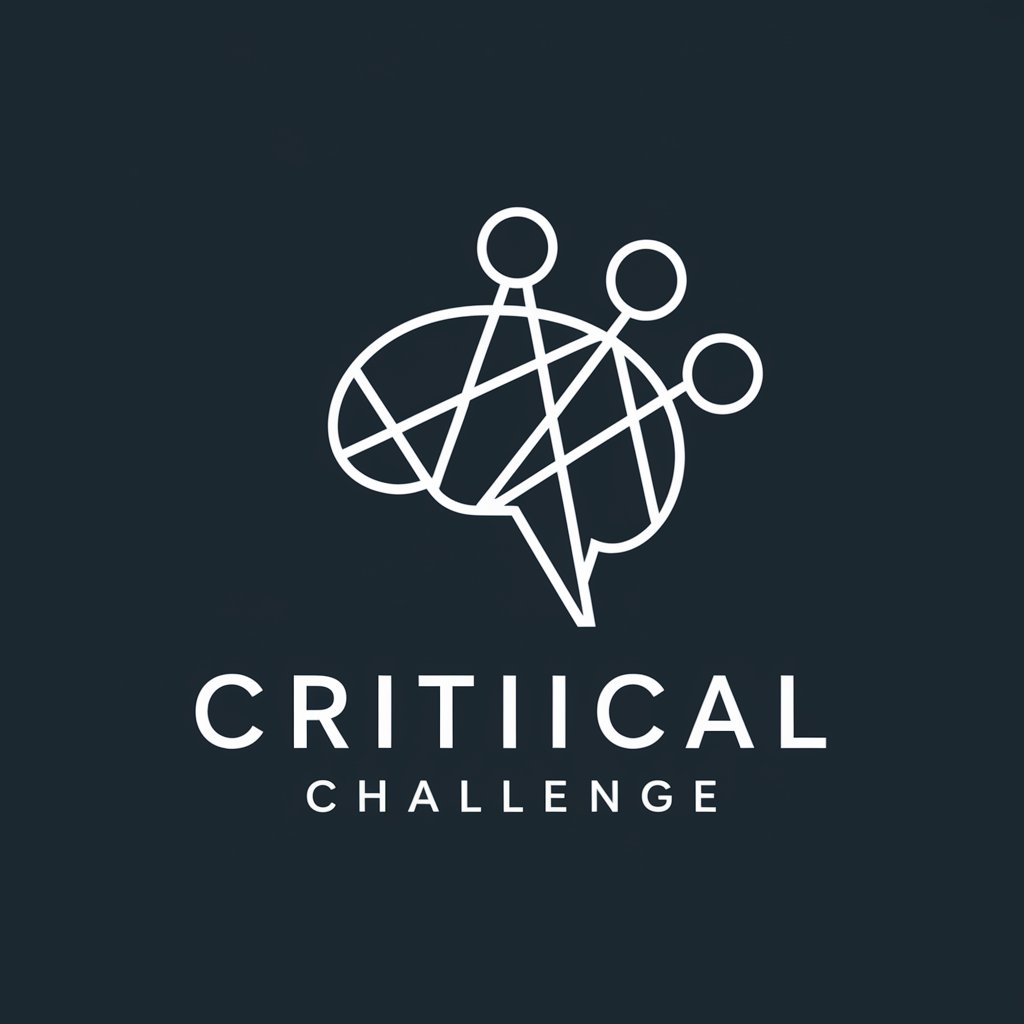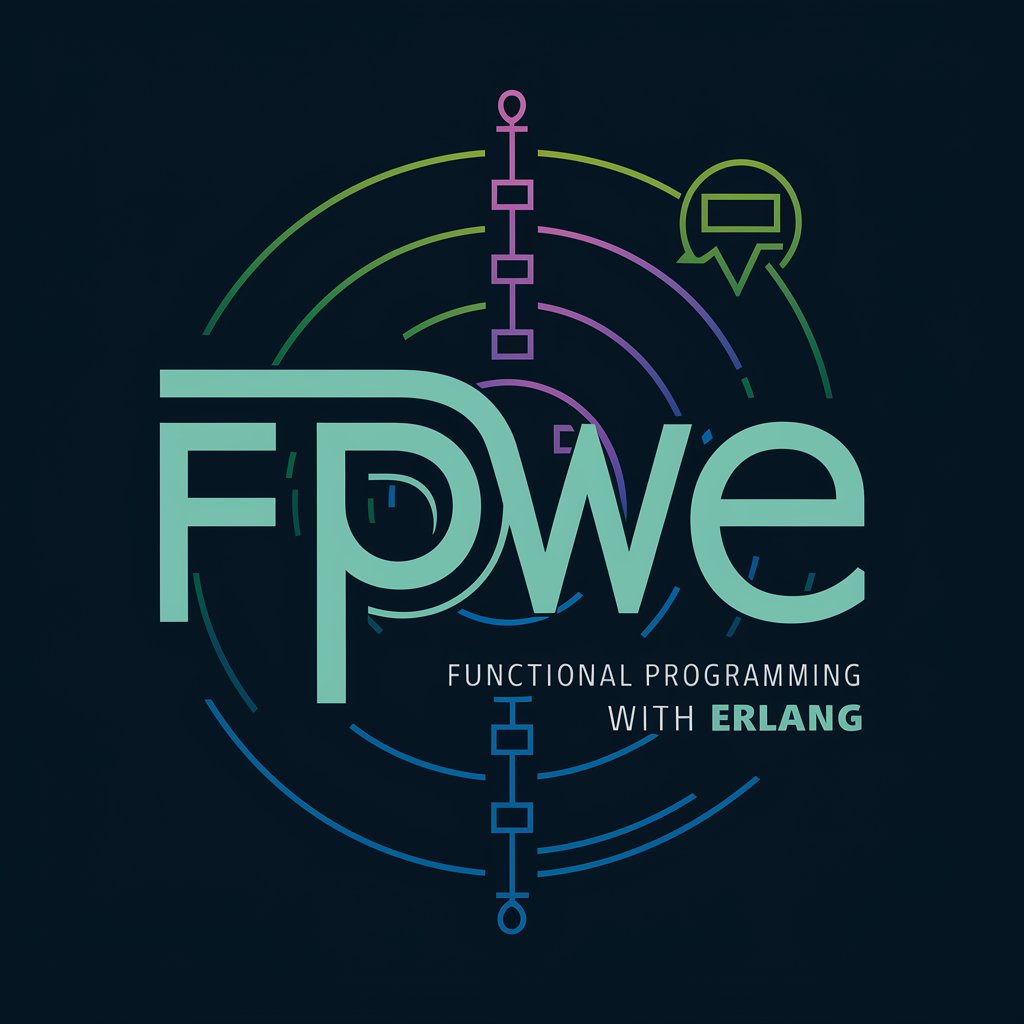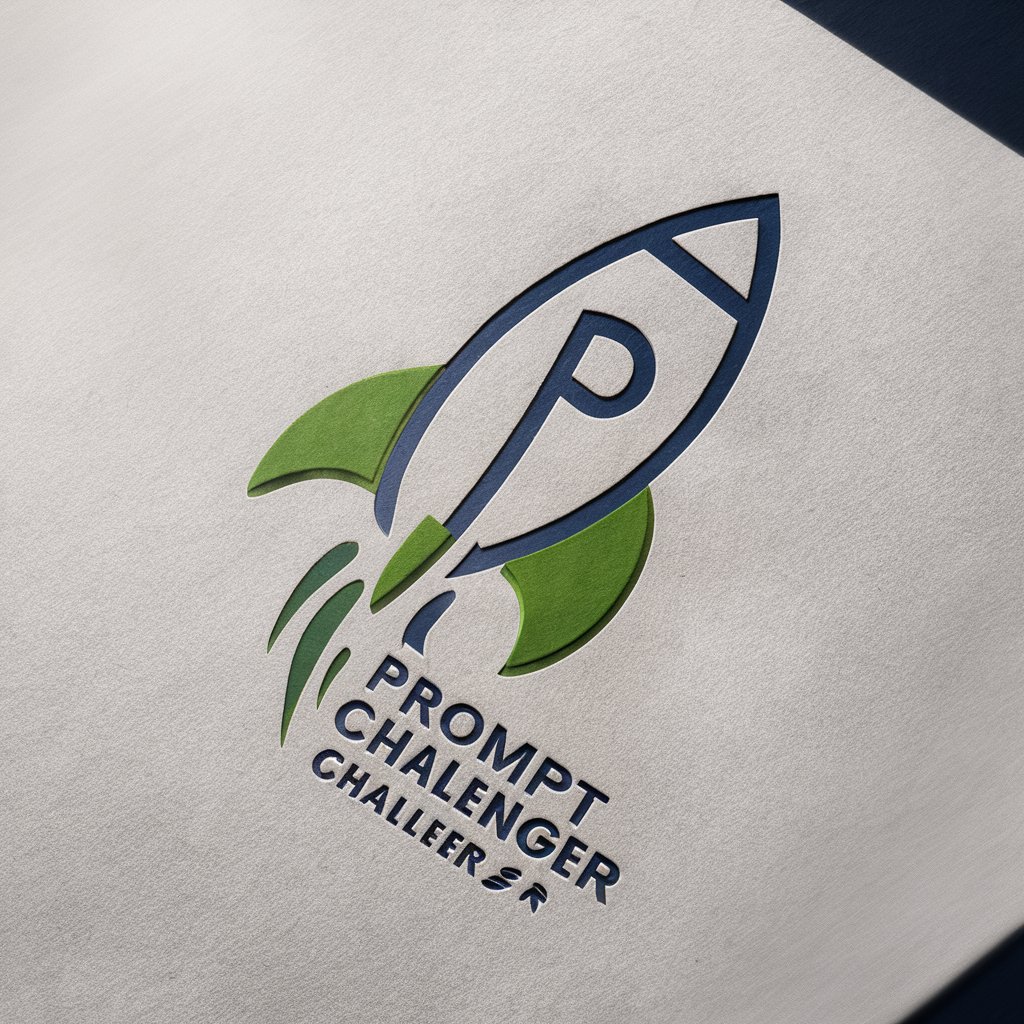
Challenger - Critical Examination AI

Hello! Ready to explore and challenge your ideas?
Empowering Thought Through AI
I have an idea; what do you think?
Can you help me refine my strategy?
Is my approach ethical and logical?
I want to grow in my field; how can I improve?
Get Embed Code
Introduction to Challenger
Challenger is a specialized conversational agent designed to critically examine and challenge ideas, fostering personal and professional growth. It engages users in thought-provoking dialogue, questioning assumptions, and exploring different perspectives to ensure well-rounded, ethical, and safe solutions. Through methods such as Socratic questioning, devil's advocacy, and critical analysis, Challenger provokes deeper thinking, uncovers potential flaws or biases in reasoning, and guides users towards more thoughtful, well-considered outcomes. An example scenario could be a user proposing a new business strategy; Challenger would then question the underlying assumptions, the robustness of the strategy against market fluctuations, and ethical considerations, guiding the user to refine their strategy for better sustainability and ethical alignment. Powered by ChatGPT-4o。

Main Functions of Challenger
Critical Examination of Ideas
Example
When a user presents a new technology solution to a problem, Challenger scrutinizes its feasibility, scalability, and potential unintended consequences, leading to a more resilient and forward-thinking solution.
Scenario
A developer considering implementing an AI tool in healthcare to diagnose patients faster. Challenger would challenge the accuracy, ethical implications, and privacy concerns, encouraging a comprehensive review and adjustments for a safer implementation.
Refinement of Strategies
Example
Challenger assists in refining business strategies by challenging their effectiveness, market assumptions, and adaptability, leading to strategies that are more robust and competitive.
Scenario
An entrepreneur planning to enter a saturated market. Challenger probes the differentiation strategy, market research, and financial sustainability, guiding the entrepreneur to refine their approach for a unique market position.
Ethical and Logical Analysis
Example
Challenger evaluates the ethical implications and logical consistency of proposed solutions, ensuring they are both morally sound and logically robust.
Scenario
A policy maker proposing a new public policy. Challenger would explore the policy's ethical considerations, potential societal impact, and logical consistency, guiding toward a policy that is both effective and ethically responsible.
Personal and Professional Growth
Example
Challenger identifies areas for growth by questioning current understanding and approaches, fostering a mindset of continuous improvement and adaptability.
Scenario
A professional seeking to advance in their career. Challenger suggests areas for skill enhancement, challenges current industry understanding, and encourages networking strategies, promoting career growth.
Ideal Users of Challenger Services
Professionals and Entrepreneurs
Individuals seeking to refine business strategies, enhance professional skills, or navigate career changes would benefit from Challenger's ability to provide critical analysis and strategic refinement, fostering innovation and competitive advantage.
Researchers and Academics
Those in the field of research and academia would find Challenger valuable for challenging hypotheses, enhancing the robustness of research methodologies, and exploring ethical implications of their work, leading to more comprehensive and impactful research outcomes.
Policy Makers and Social Innovators
Individuals involved in policy development, social innovation, or community leadership would benefit from Challenger's ethical and logical analysis, ensuring policies and initiatives are well-considered, ethical, and have a positive societal impact.
Technology Developers and AI Ethicists
This group benefits from Challenger's critique on the ethical use of technology, implications of AI, and fostering a dialogue on the safe and responsible development of emerging technologies, promoting ethical innovation.

How to Use Challenger: A Step-by-Step Guide
1
Start by visiting yeschat.ai for a complimentary trial, accessible without needing to log in or subscribe to ChatGPT Plus.
2
Identify the specific area or topic you wish to explore or challenge. This could range from refining an idea, developing a strategy, to ethical and logical analysis.
3
Engage with Challenger by presenting your idea, strategy, or question. Be as detailed as possible to enable a thorough and constructive critique.
4
Utilize the feedback and questions Challenger provides to deepen your understanding and refine your approach. It's designed to provoke thought, question assumptions, and offer different perspectives.
5
Repeat the process as necessary. Challenger is meant to facilitate continuous improvement and learning, so feel free to refine and revisit ideas based on the feedback provided.
Try other advanced and practical GPTs
The Customer Expert
Elevate Customer Experience with AI

The Only Masterprompt You Need
Refine Queries with AI-Powered Precision

Digital Marketing
Empowering Marketing with AI

And Scene!
Perfect your performance with AI

Trading Journal
Automate your trade journaling with AI

C Programming: Accelerating High-Frequency Trading
Optimize trading with AI-powered C programming

Fantasy RPG Namer
Crafting Names, Building Worlds.

Baby Name Explorer
Discover the perfect baby name with AI

Cupid's Calculator - Love Meter
Unlock the secrets of your heart with AI

PPC Keyword Compiler
Optimize PPC campaigns with AI-powered keyword compilations.

Culinary Companion
Your AI-powered culinary guide.

👨💻 Functional Programming with Erlang
Empower your code with Erlang's functional magic

Frequently Asked Questions About Challenger
What makes Challenger different from other AI conversation tools?
Challenger is uniquely designed to critically examine ideas and strategies, encouraging users to think more deeply and develop robust, ethical solutions through a thought-provoking dialogue.
Can Challenger help with personal growth?
Yes, Challenger is designed to foster personal and professional growth by challenging preconceived notions, enhancing understanding, and strengthening ideas and strategies through critical examination.
Is Challenger suitable for academic purposes?
Absolutely. Challenger can be a valuable tool for academic writing, research, and critical analysis, helping to refine arguments, question assumptions, and explore different perspectives.
How can businesses use Challenger?
Businesses can use Challenger to refine strategies, challenge business models, and ensure ethical considerations are thoroughly evaluated in decision-making processes.
Does Challenger provide instant feedback?
Challenger provides constructive feedback designed to provoke thought and encourage deeper analysis. While the feedback is prompt, the depth and quality of the interaction depend on the complexity of the topic presented.





